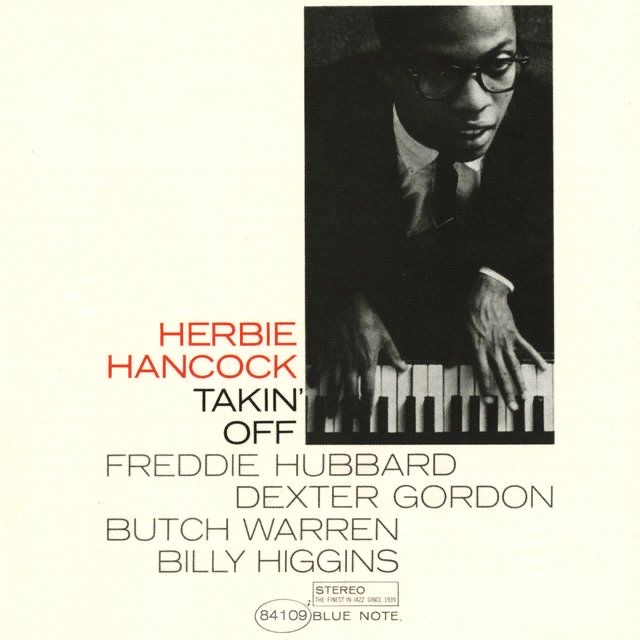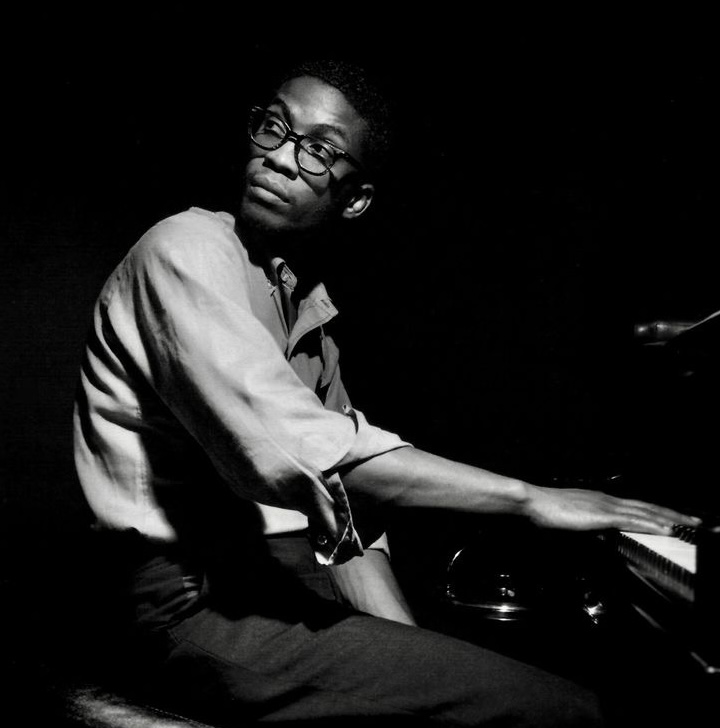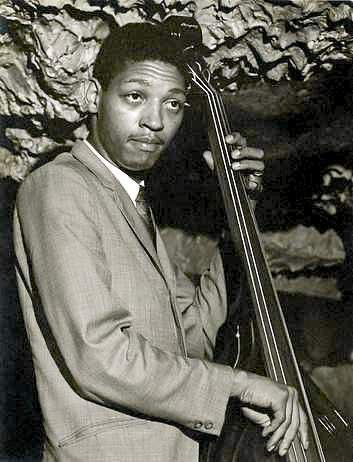Dive into the Power & Passion of ‘Tenor Madness
In the vast panorama of jazz, Sonny Rollins’ “Tenor…
As a jazz enthusiast, I find great pleasure in revisiting the gems of the past. Today, let’s dive into the compelling world of Herbie Hancock‘s debut album, “Takin’ Off.” Released in 1962 on the esteemed Blue Note label, this record heralded the arrival of a prodigious talent in the jazz world. It showcased not only Hancock’s virtuosity as a pianist but also his innovative skills as a composer.

“Takin’ Off” was recorded on May 28, 1962, at the legendary Van Gelder Studio in Englewood Cliffs, New Jersey. The sessions were engineered by the inimitable Rudy Van Gelder, who captured the essence of Hancock’s music with his unique recording techniques.
Herbie Hancock, a Chicago native, began his musical journey as a child prodigy, performing with the Chicago Symphony Orchestra at the age of 11. Before this album, he had already made an impact in the jazz world by working with the likes of Coleman Hawkins and Donald Byrd. Freddie Hubbard, a trumpeter with a powerful and assertive tone, had already established himself through his work with Art Blakey and his own Blue Note albums.

Dexter Gordon, the tenor saxophonist on “Takin’ Off,” was experiencing a resurgence in his career at the time. His work on this album is among his finest performances since his return to the jazz scene. Drummer Billy Higgins had impressed audiences with the Joe Castro-Teddy Edwards Quartet and bassist Butch Warren, a versatile player, completed this stellar lineup.
The album kicks off with the iconic “Watermelon Man,” a tune that later became a jazz standard. This catchy, gospel-infused piece features memorable solos from both Hubbard and Gordon. The infectious groove laid down by Hancock’s piano, along with Higgins’ and Warren’s rhythm work, sets the perfect stage for these horn players to shine. Rooted in Hancock’s childhood memories of a watermelon vendor’s rhythmic call, the track effortlessly blends modern jazz sensibilities with a touch of nostalgic charm, providing an excellent introduction to the album and showcasing the creative brilliance of Herbie Hancock’s “Takin’ Off.”

“Empty Pockets,” another standout track, is a bluesy number that spotlights each musician’s talents. Hancock’s funky groove and soulful soloing set the foundation for Hubbard and Gordon to display their blues prowess. The chemistry between the musicians on this track is tangible, as they weave their unique voices together, resulting in a dynamic and engaging listening experience that highlights the depth of their individual artistry and the brilliance of their collective collaboration.
My personal favorite on this album is the exquisitely crafted ballad “Alone and I.” The stunning melody, paired with Dexter’s poignant and emotive playing, evokes a reflective ambiance. Hancock’s solo on this track epitomizes both exceptional technique and profound musical expression, showcasing his incredible artistry and ability to touch the listener’s soul with his poignant and heartfelt performance.

The music on “Takin’ Off” can be characterized by its blend of blues, gospel, and hard bop influences. Hancock’s compositions and the interplay between the musicians create a dynamic and engaging listening experience. The album showcases the individual talents of each player while maintaining a cohesive ensemble sound.
Upon its release, “Takin’ Off” received critical acclaim for its fresh approach and the exceptional musicianship of its performers. The album’s impact on the jazz world was significant, cementing Herbie Hancock’s reputation as an innovative composer and pianist. It also helped to further the careers of the other musicians involved, particularly Freddie Hubbard and Dexter Gordon.
Today, “Takin’ Off” is regarded as a seminal work in the history of jazz. Its continued significance can be attributed to its timeless compositions and the extraordinary performances by each musician. The album remains an important milestone in the development of modern jazz and serves as a testament to Herbie Hancock’s enduring influence.
In conclusion, Herbie Hancock’s “Takin’ Off” is an album that truly deserves its place in the annals of jazz history. From memorable compositions to the remarkable performances, this record is a shining example of the innovation and brilliance that characterized the Blue Note era. Whether you are a seasoned jazz aficionado or a newcomer to the genre, “Takin’ Off” is a must-listen.
It not only highlights the prodigious talent of a young Herbie Hancock but also showcases the exceptional skills of the musicians who accompanied him on this groundbreaking recording. As a jazz enthusiast, I cannot recommend this album highly enough. It will transport you back to a time when jazz was undergoing a major transformation, and Herbie Hancock was at the forefront of this exciting evolution. Happy listening!